 The most famous crystal bowl in the world takes five years to make. Glass cutters in the five year apprentice program at the renowned Waterford Crystal factory in Ireland learn how to make many different types of cuts for everything from sculptures to wine glasses. At the end of their training, the final step to graduate from apprentice to qualified Waterford cutter is to make a Crystal “Apprentice Bowl” that incorporates every cut they have learned into a single creation.
The most famous crystal bowl in the world takes five years to make. Glass cutters in the five year apprentice program at the renowned Waterford Crystal factory in Ireland learn how to make many different types of cuts for everything from sculptures to wine glasses. At the end of their training, the final step to graduate from apprentice to qualified Waterford cutter is to make a Crystal “Apprentice Bowl” that incorporates every cut they have learned into a single creation.
While making that one bowl doesn’t exactly take five years, the skills required to make it only develop over that much time. It is the perfect symbol for how mastery should work. You learn the basics first, and only when you are able to put all the pieces together can you really call yourself an expert. Waterford master cutters don’t forget the first cut they ever learned. When it comes to digital marketing, though, the basics are sadly easy to forget.
I was thinking about this the other day as I was studying the email marketing strategy of several large and small brands. In the process, I realized that like many other marketers of a certain age who worked in online marketing back in the late 1990s, email marketing was pretty close to the “first cut” I had learned in my career. In a time before SEO, or social media, or big data – web design and email marketing was where I spent most of my time.
Since then, of course, there have been plenty of changes, and those changes have come with a flood of advice on new techniques required to rise above spam, beat Google’s tabs, and generally get seen by people who are sometimes using all kinds of tools to avoid getting or seeing your emails. The good news is, across most of this advice, there are a few best practice lessons that should help anyone improve the results of their email marketing program immediately …
4 Lessons To Improve Your Email Marketing
1. Obsess Over Subject Lines
One of the easiest things to forget in the quest to create beautiful email templates and write the perfect copy is that no one will ever see it if your subject line doesn’t entice them to open the email. So aside from finding someone (or building your own skill) to write great subject lines, one site that many top email marketers use religiously is Optimizely – a tool that let’s you easily set up email campaigns for A/B split testing for headlines. In addition, many email providers have split testing tools built in. So if you’re not using them, you should be.
References:
- 9 Steps To Improving Email Performance – Silverpop
- 5 Email Marketing Conversion Killers – Unbounce
- Which Test Won? Case Study Collection [Paid] – WhichTestWon.com
2. Design For Mobile Devices
While the statistics many articles quotes varied, most agreed that at least half (and potentially much more) of any email audience is likely to read emails on a mobile device … assuming they open them, of course. This means that responsive design and how an email will look on a mobile device is critical to the performance of email marketing. If you are not testing emails for how they look on mobile phones, you are missing a huge audience.
References:
- How To Optimize Your Emails For Mobile Devices – HubSpot
- 32 Responsive Email Templates – Mashable
- 7 Ways To Improve Email Design – ExactTarget
3. Use Landing Pages To Convert
We often talk about “conversion” when it comes to email – but email alone rarely converts by itself unless your goal is for someone to directly click on a phone number to call you straight from an email. In most other situations, the email is the enticement that encourages a user to click through to a landing page to learn more. In this model, the landing page is what converts – not the email. So the first lesson here is if your email marketing is only driving people through to your main homepage – you are missing a big opportunity to convert.
References:
- 5 Landing Page Headline Formulas – Unbounce
- 20 Examples Of Perfect Landing Pages – Designmodo
- Platforms To Consider Using For Landing Pages: LeadPages & Unbounce
4. Adjust To New Challenges
When Google decided to change the way that Gmail users received email by using tabs – all of a sudden the deliverability of marketing emails took a huge hit because they were no longer getting directly to someone’s inbox. As a result, brands of all kinds had to change their strategy to reach out to their customers and educate them on how to specifically request for these emails to make it to their inboxes, as well as adapt to the fact that some lower engagement customers may officially drop off the list.
References:
- How Email Can Survive Gmail’s Tabbed Inbox – HBR Blogs
- 60 Amazing Email Marketing Best Practices – Econsultancy








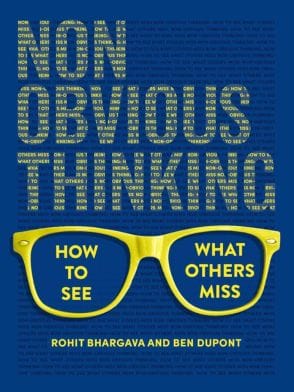

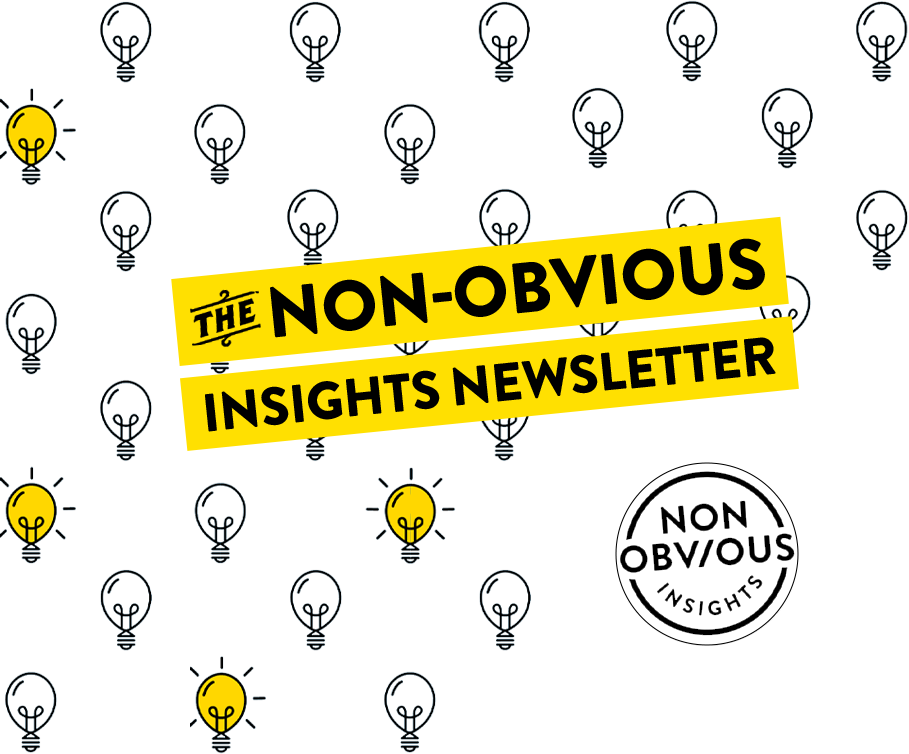


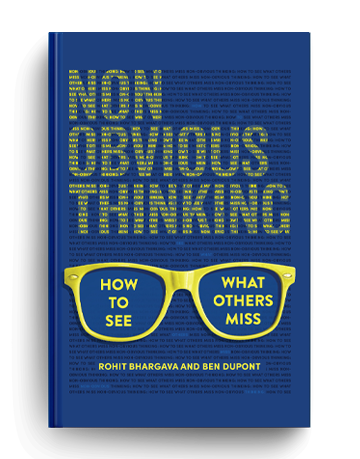
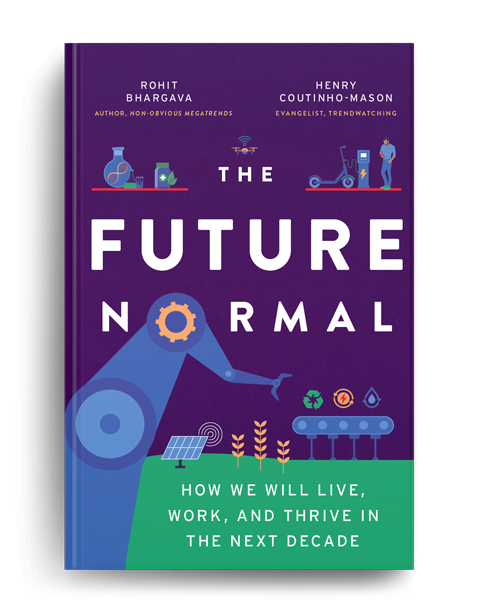
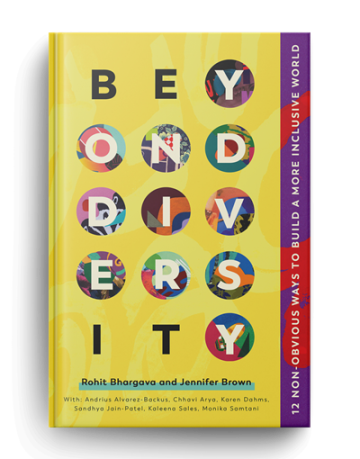
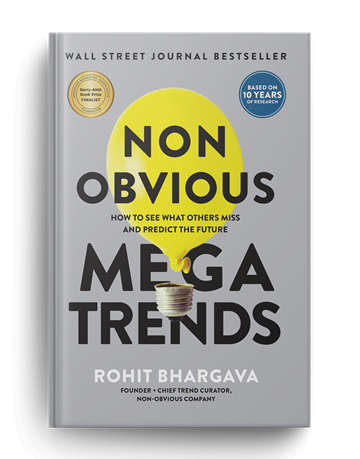
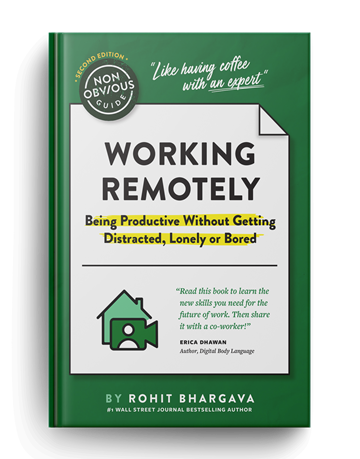
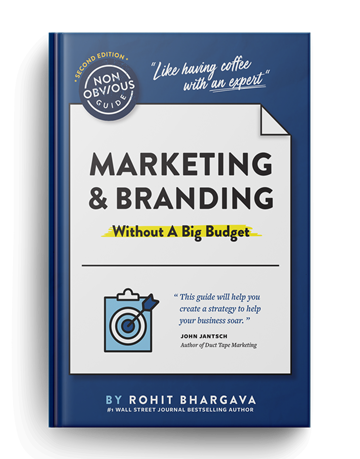
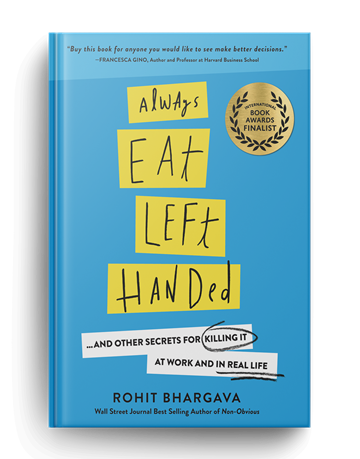
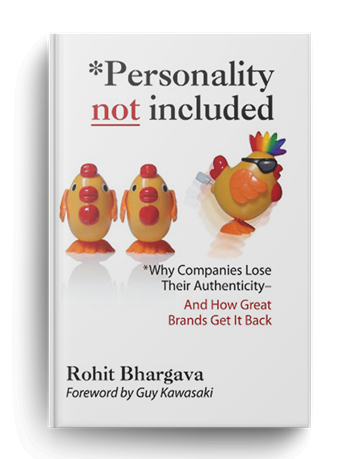
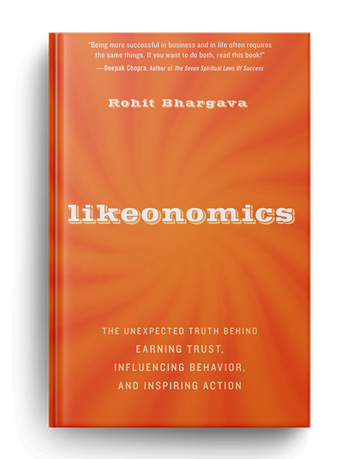


1 thought on “Everything You Need To Know (But Forgot) About Email Marketing”